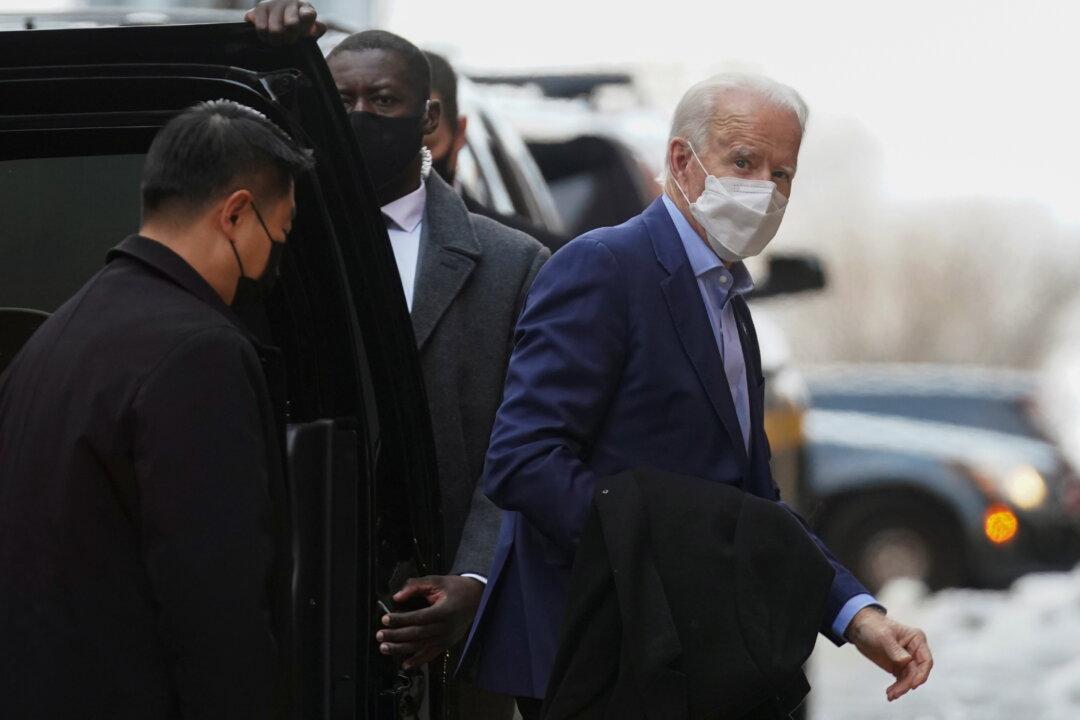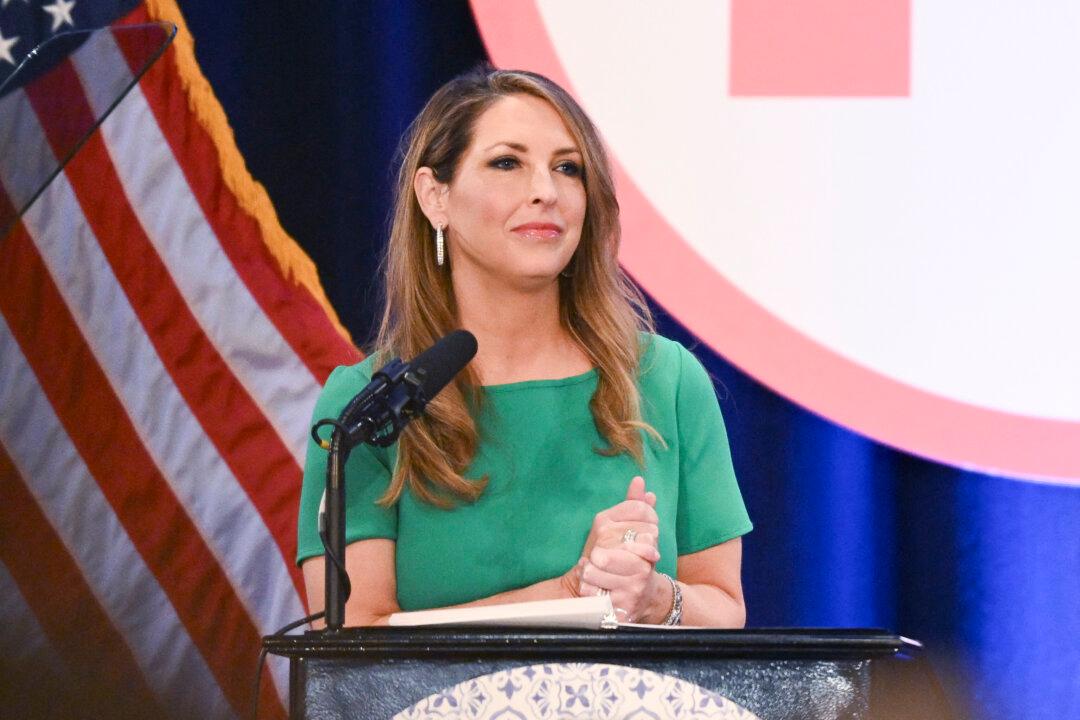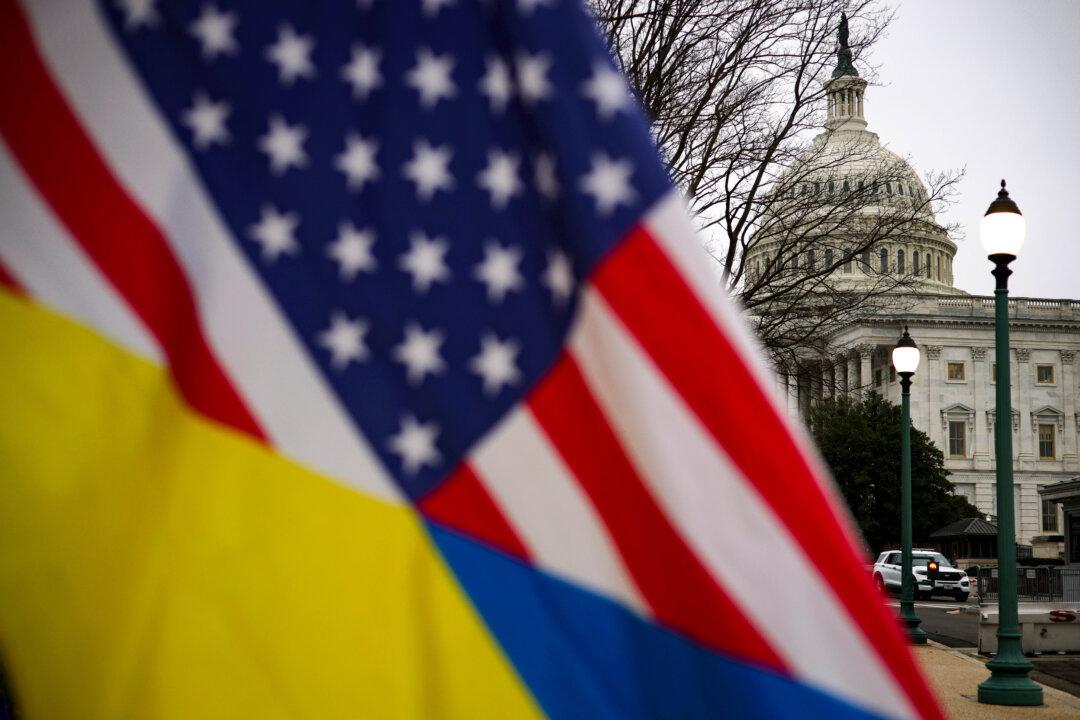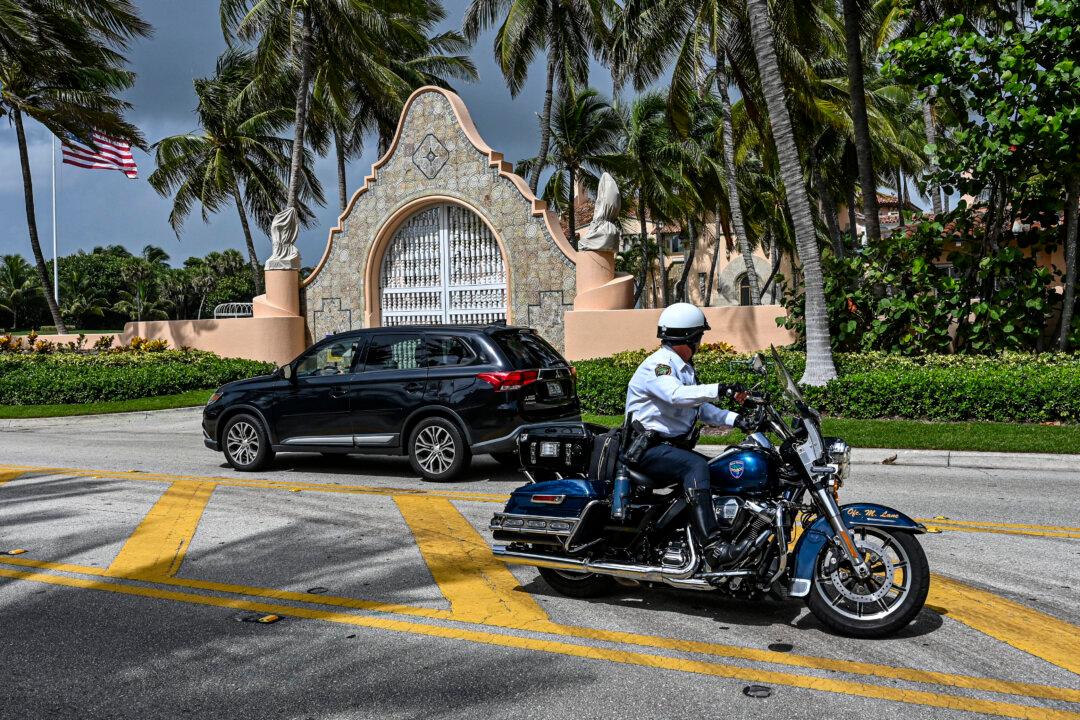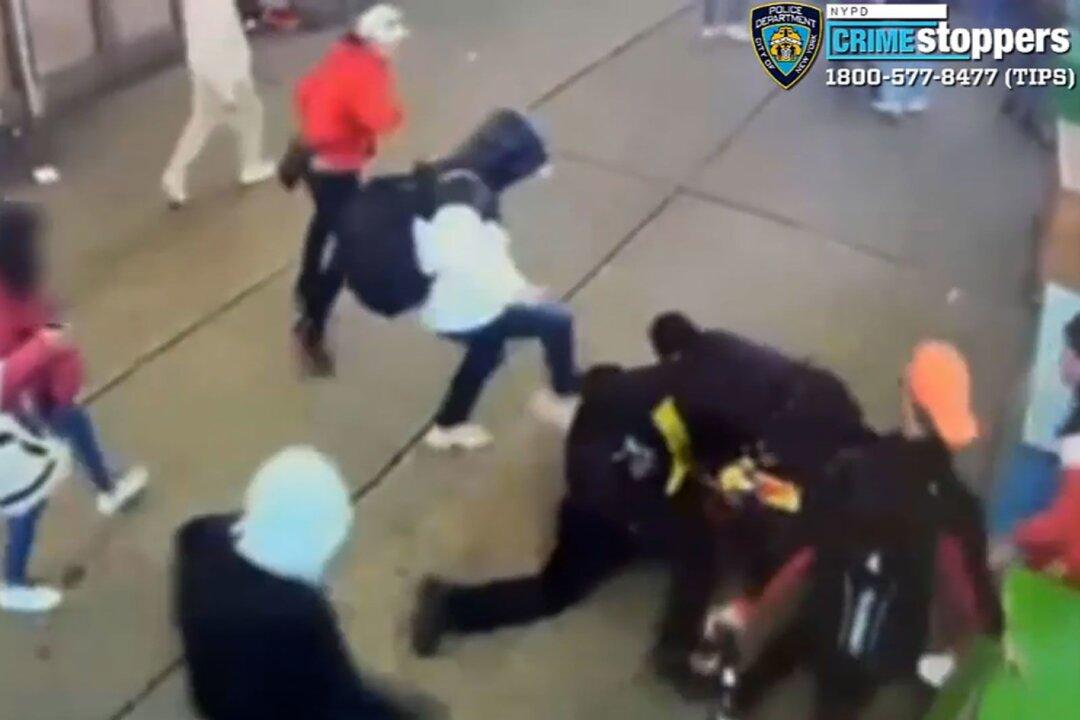Democratic presidential candidate Joe Biden reaffirmed that some higher education will be free if he becomes the president.
“In the 21st century, twelve years of school isn’t enough. That’s why under the Biden-Harris plan, community college will be free—and public colleges and universities will be tuition-free for families earning less than $125,000 a year,” he wrote Thursday in a Twitter post.
